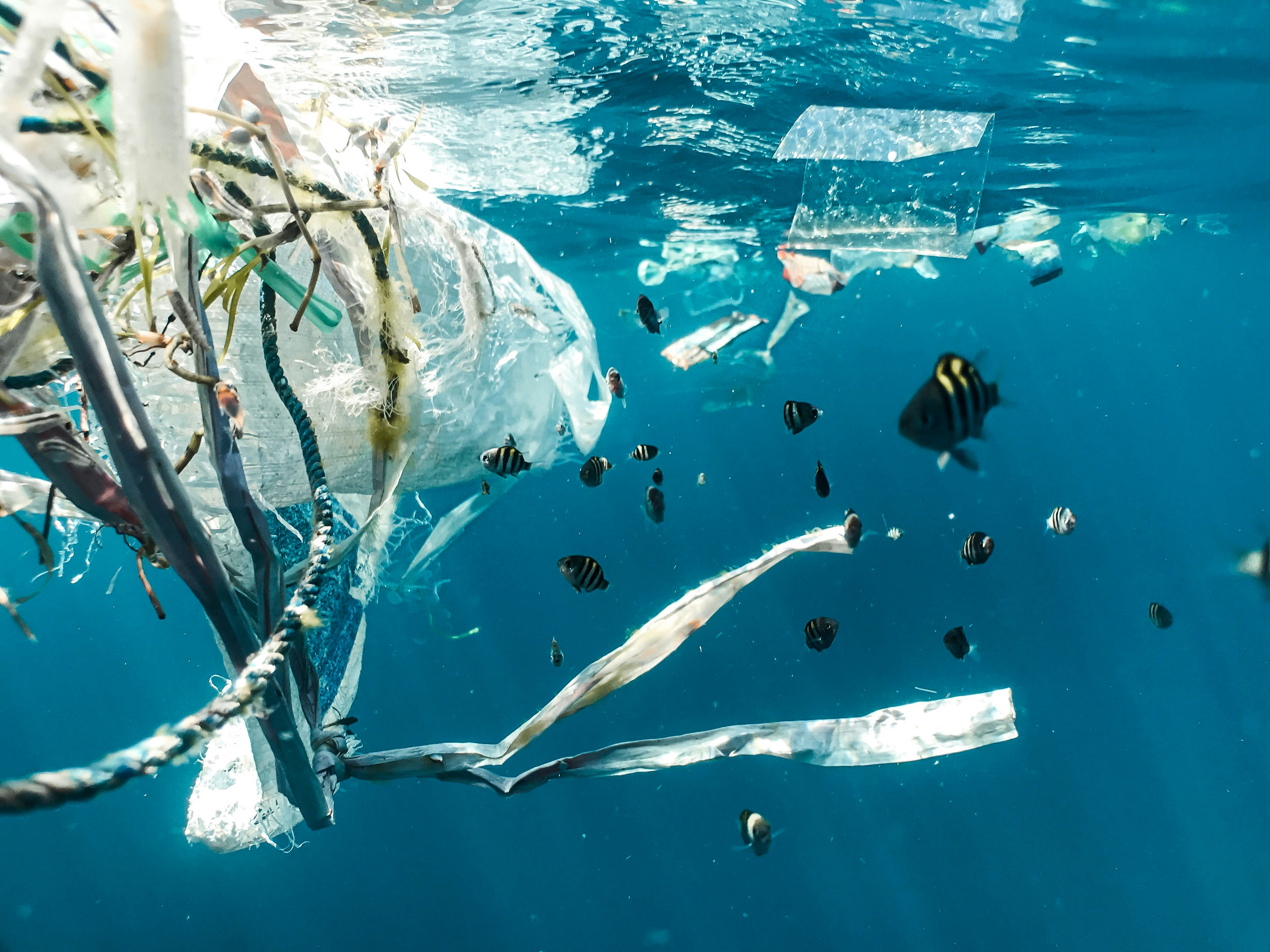UNESCO Seeks 10,000 Ships for Ocean Data Initiative

World leaders and delegates have gathered in Nice, located along France’s picturesque Cote d’Azur, for this week’s United Nations Ocean Conference. The event is bringing renewed focus to international efforts aimed at preserving and understanding the world’s oceans.
This week, UNESCO—the United Nations Educational, Scientific and Cultural Organization—is aiming to enlist up to 10,000 commercial ships in its mission to advance ocean science. The organization emphasizes the need for persistent and widespread monitoring of the seas.
“Understanding the ocean requires continuous observation,” the UN body stated.
UNESCO has already equipped over 2,000 ships with scientific tools that deliver real-time information to the Global Ocean Observing System (GOOS). The new objective is to expand this fleet to 10,000 vessels by the year 2035.
Participating ships will carry meteorological and oceanographic instruments to capture live data, which will be used to track the impacts of climate change, enhance forecasting for severe weather, and boost maritime safety efforts.
International Maritime Organization (IMO) Secretary-General Arsenio Dominguez is also attending the conference in Nice. He urged global unity in tackling the planet’s marine challenges, stressing the importance of working together.
“We all have a responsibility to safeguard our precious marine environment and resources, on which we all depend. Governments, industries, civil society: this is our ocean, our obligation – and our opportunity,” Dominguez said.
The UN Ocean Conference is co-hosted by France and Costa Rica and has drawn participation from over 50 heads of state.
French President Emmanuel Macron, speaking in Monaco on Sunday at the conclusion of a forum on blue economy and marine finance, emphasized the urgency of action.
“We have a duty to mobilise because the science is clear and the facts are there,” Macron said.
He added, “There is the possibility of sustainable fishing. There is the possibility of sustainable maritime transport. There is the possibility of sustainable tourism.”